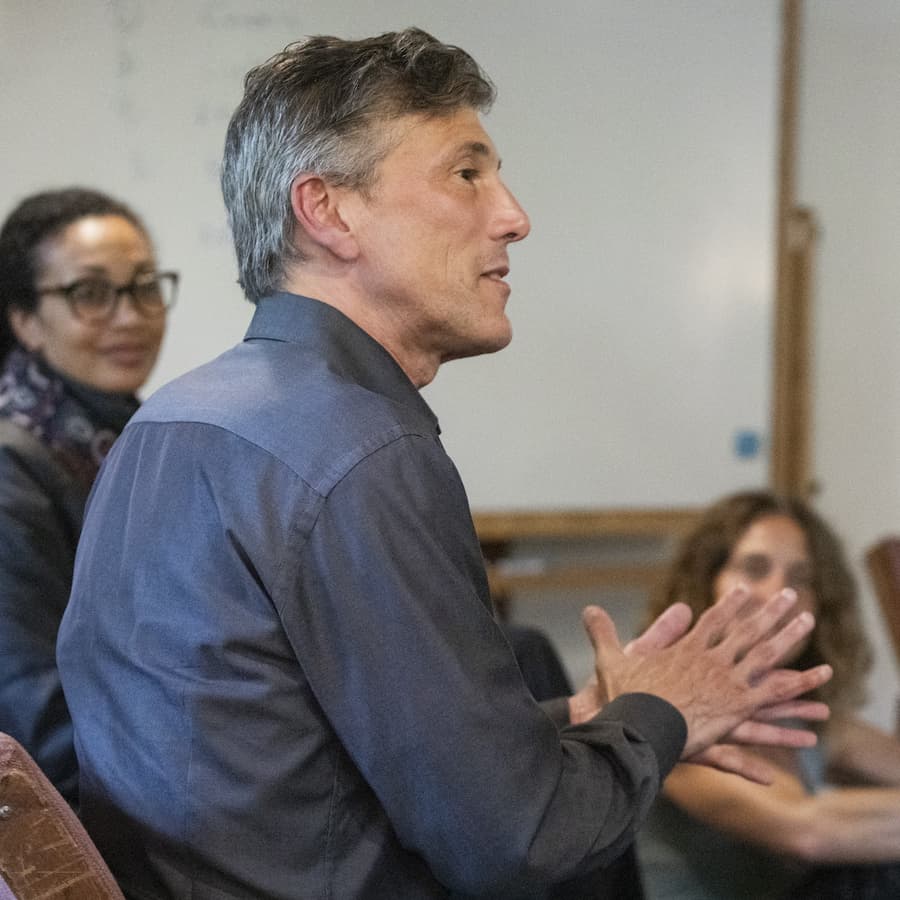Strategy
Wealth Manager’s Conundrum: The Paradox Of Enough

This article addresses attitudes to money, and how to avoid the trap of regretting later in life that unwarranted fears have prevented people from enjoying and using their wealth productively when they had the chance.
The following guest commentary comes from Spencer Sherman, who is the founding CEO and advisor at Abacus Wealth Partners. The editors of this article are pleased to share these views and we invite readers to comment. Email tom.burroughes@wealthbriefing.com and amanda.cheesley@clearviewpublishing.com The standard editorial disclaimers apply.
John D Rockefeller, the world's first billionaire, unexpectedly proved himself to be a wisdom teacher in 1916 when a journalist asked him, "How much money is enough?"
"Just a little bit more,” he responded.
Rockefeller’s answer expressed a widely held - albeit perhaps subconscious – sentiment: no matter how much wealth you have, you should accumulate more because you never know when you might need more.
This is exactly what I’ve experienced personally and in my work with clients. We imagine that we’ll feel a sense of sufficiency when we have $20 million, $50 million, or even $100 million, but our inherited and conditioned mindsets of “not enough” overrides rationality.
This perpetual pursuit of "more" sacrifices our present joy for future security. The cost of this trade-off becomes painfully clear when we examine real-world examples. Clients in their 80s often find themselves saying “I wish I had done the epic family vacation or impactful philanthropic gift when I was in my 60s; I had the vitality for travel and projects back then.” They realize that their exaggerated fear of running out of money might have kept them from enjoying and productively using their money.
Saving vs spending
The financial advisory community is compromised. Financial
advisors have a fiduciary duty to protect wealth, not to ensure
that clients enjoy their wealth while they’re more energetic in
their 60s. A financial advisor is much more likely to be sued for
telling a client to spend too much than too little. And
subconsciously, or consciously, we’re aware that preserving a
client’s assets maintains our fees. We’re in the business of
telling clients to over-save and underspend.
To be sure, investment return is a critical component of your financial success, but so are the assumptions embedded in the financial projections that support a financial advisor’s recommendations.
Ideally, wealth managers should discuss the tradeoff between more "security" versus more engagement with the client’s family, friends, and the world while they’re young and healthy enough to be fully engaged. Yes, it’s critical to ensure that our clients don’t run out of money, but I believe financial advisors and clients have a tendency to underestimate sustainable withdrawal amounts.
Establishing equilibrium
How do we find the middle ground, or a goldilocks sense of
enough?
As John D Rockefeller hinted 100 years ago, it is in all of our interests to develop a mindset of “enough.” Recently, while having lunch with a Buddhist monk in London, we discussed this very concept. Ancient Eastern wisdom offers something valuable here: true contentment comes not from endless accumulation, but from finding sufficiency.
This resonates deeply with me, as I had to undo decades of “more is always better” conditioning from our culture. There’s hope; as I have softened the allegiance to “more,” my client interactions and my financial peace of mind have benefited.
“Enough” is actually a boundless idea. When we experience that mindset, we’re less stressed and less reactive, and that stability helps us access the best version of our minds. I encourage you to find “enough” in many moments each day: a satisfying meal, an enjoyable game of pickleball, your portfolio, your kids, your day at work. When we start seeing each of these things as sufficient, we’re rewiring our neural pathways, inclining our mind toward a receptive state which helps us recognize opportunities we might otherwise have missed.
A new planning approach
By embracing “enough” and not “more,” we can create
financial plans for our clients that achieve twin goals:
maintaining long-term security while enabling meaningful
experiences and impact during their most vital years. Consider
this approach:
1) Create a "Core Lifestyle Account" that ensures basic needs and comforts;
2) Establish an "Impact and Experience Account" for meaningful projects and experiences; and
3) Set clear triggers for reviewing and adjusting both funds.
Let’s help our clients make these decisions, more fully aware of the consequences. Let’s also model a mindset of enough for our clients and colleagues. That can help to reinforce the idea that “enough” is a finite number and the “enough” mindset can be a blueprint for a boundless life.
This mindset shift has the potential to be transformative for our clients, ourselves, and the financial industry.
The author
Spencer Sherman is the founding CEO and an advisor at Abacus
Wealth Partners. He is also a mindfulness teacher, the author of
“The Cure for Money Madness” and for more than a
decade has led The Reset Retreat: A Work/Life Recharge, helping
professionals cultivate both financial wisdom and personal
resilience.